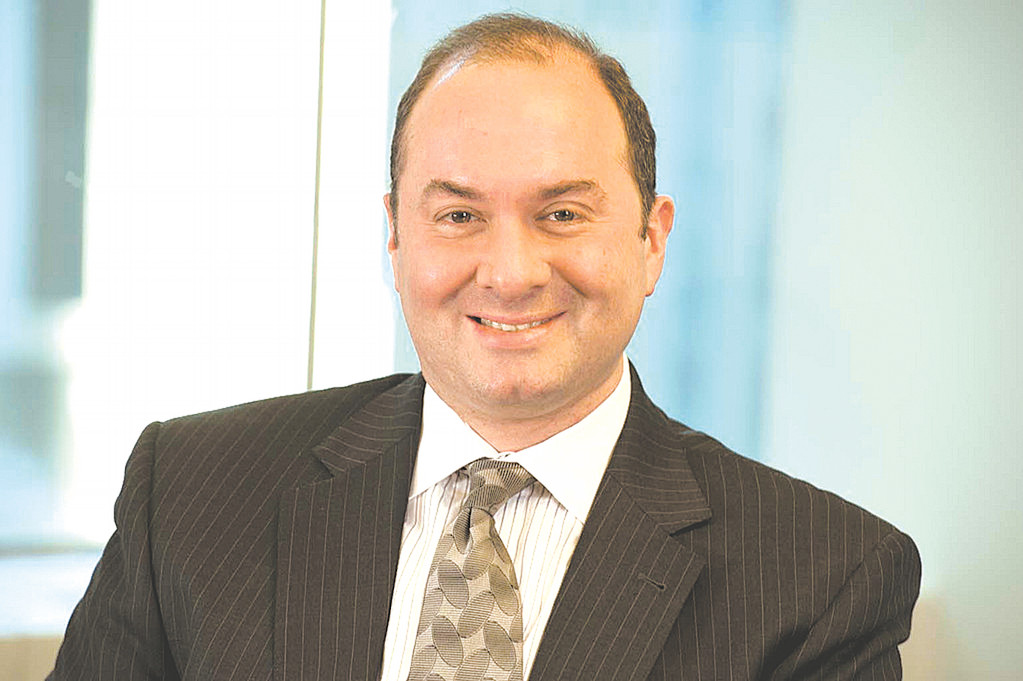Opinion: Facts in action: Obama and his support of Israel
What can a young boy living in Israel teach us about American policy and the support of the American president for Israel?
In an era when candidates tell audiences of all walks what they want to hear to steer votes their way, what should an electorate do to discern the truth from hyperbole? No matter which candidate or party one supports, the messages seem to change, the promises seem to adjust to the sounds of popular opinion and we are left each day being bombarded with pundits trying to interpret the newest campaign comments and gaffes into palatable positions.
John Adams said, “Facts are stubborn things; and whatever may be our wishes, our inclinations, or the dictates of our passion, they cannot alter the state of facts and evidence.”
For the past nine years, Menachem Zivotofsky, an Israeli-born American citizen, has been fighting through his parents and attorney, Nathan Lewin, for the U.S. Congress to enforce a law that it passed overwhelmingly in 2002. Even after a resounding loss in the Supreme Court, with two of the judges appointed by President Obama voting with the majority, the President and the State Department do not allow American citizens born in Jerusalem to identify themselves on their American passports as being born in “Israel,” even those born in Western Jerusalem which many had thought was previously undisputed.
Remarkably, whereas anyone born in any other part of Israel can list Israel as their birth country on their passports, there is a U.S. accommodation for those opposed to Israel’s existence to list just the city of birth but without the country, in contrast to if they are born, say in Haifa or Tel Aviv. So, this administration is fighting an American’s right to list his country of birth as Israel even though he was born in Western Jerusalem, but a Palestinian American born in Ramat Gan, Israel can voluntarily leave Israel off his passport.

 52.0°,
Light Drizzle Fog/Mist
52.0°,
Light Drizzle Fog/Mist 




